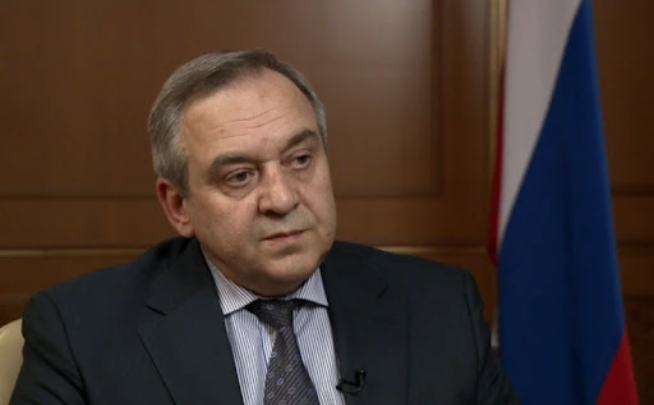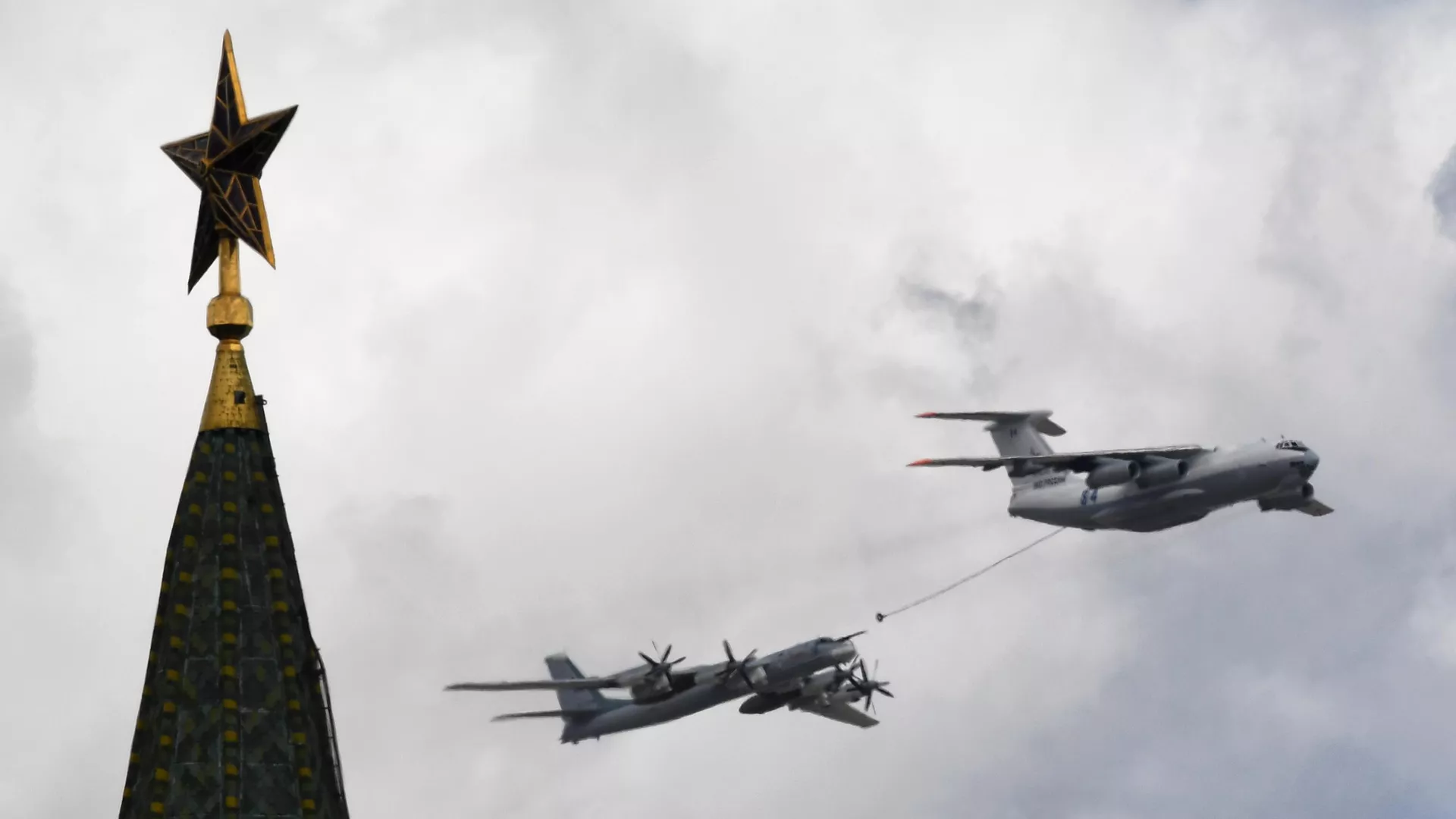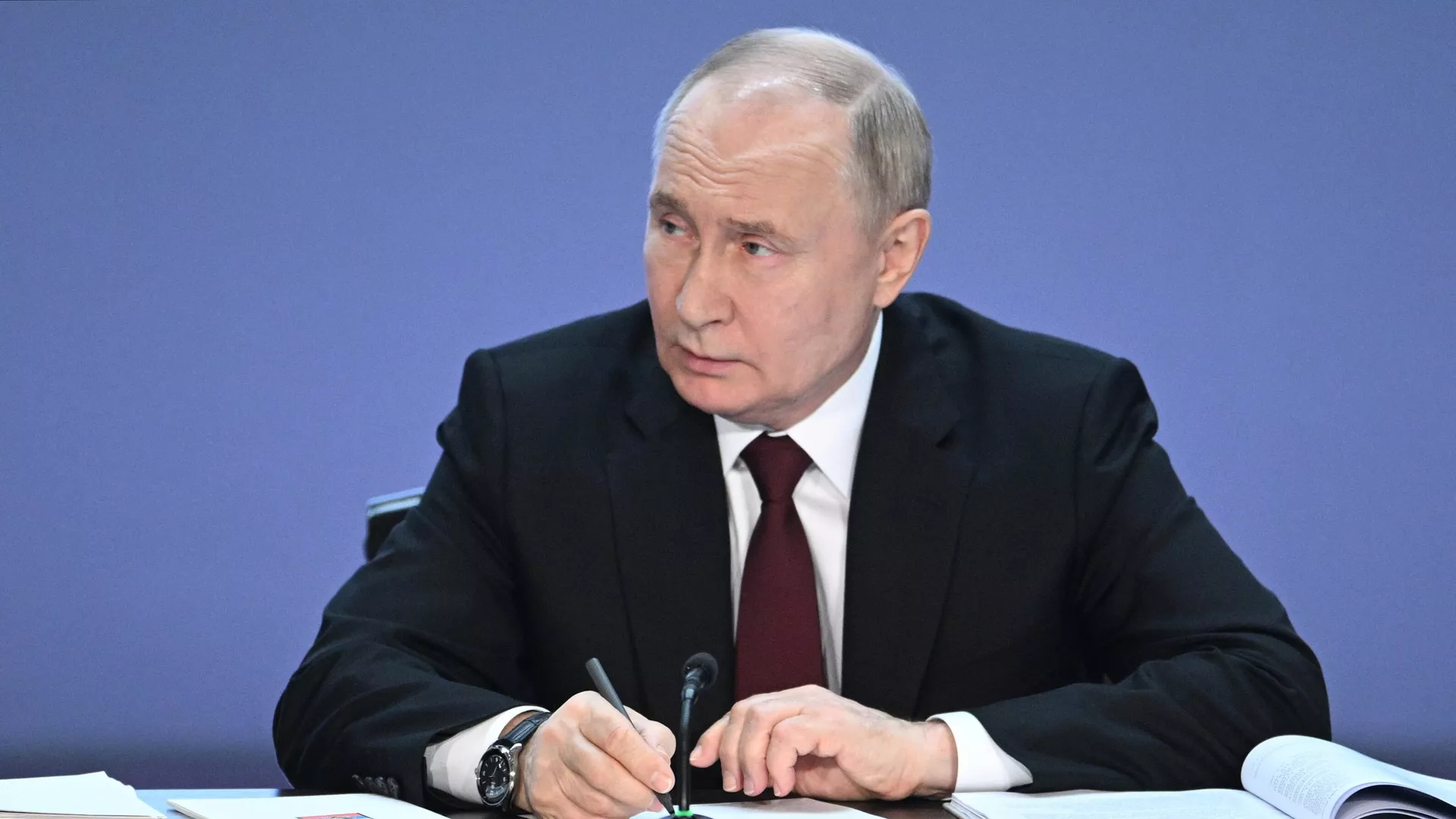Today is the birthday of Russian President Vladimir Putin. The Russian leader, who turns 70, has had many important events in his life that have summarized and shaped his worldview, but some stand out in particular.
Russian President Vladimir Putin, born on October 7, 1952, turns 70 today.
British political scientist Mart Galeotti has written for BBC News about 7 important turning points in Putin’s 70 years. Here are the 7 events that helped young Vladimir become “Vladimir Putin”, in Galeotti’s words…
1964 – HE TOOK UP JUDO
Born in Leningrad, a city that still bears the scars of the 872-day siege during the Second World War, young Vladimir was known throughout his school life as a petulant and quarrelsome boy. In fact, according to his best friend from those years, “When he got into a fight, he never looked at who was in front of him because he was not afraid”.
The streets of Leningrad were full of gangs. This diminutive but daring boy knew he needed a skill to help him get ahead of his opponents.
So at the age of 12, he took up ‘sambo’, a Russian self-defense sport, and then judo.
He was a determined and disciplined athlete. By the age of 18, he had a black belt in judo and placed third in the national junior championships.
As followers know, his success in judo is one of the most important pillars of the tough guy image Putin has been carefully building for years. But the importance of judo in Putin’s life is not limited to this; it is also part of his philosophy of life, which advocates always being ready for the dangers of the outside world.
Let’s not forget the following quote that often appears in Putin’s biographies: “If a fight is inevitable, you must strike first. You have to hit so hard that your opponent can’t even lift his foot.”
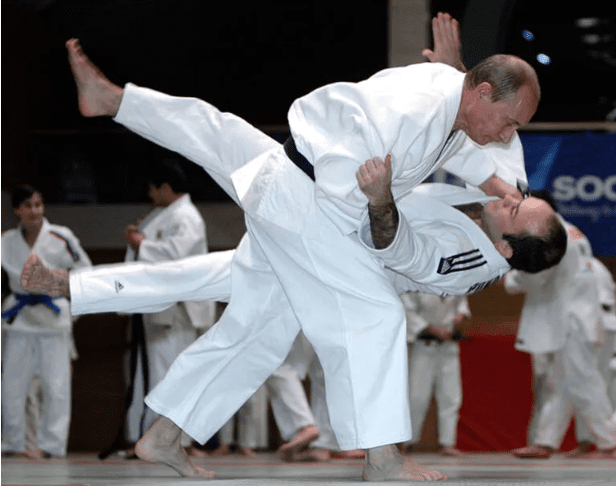
1968 – APPLIED FOR A JOB AT KGB
The Bolshoy Dom (big house), the tallest building in the city, located at number 4 on Leningrad’s Liteyniy Prospekt, a wide street, served as the headquarters of the political police branch of the KGB.
The Bolshoi Dom was a building that citizens tried to avoid as much as possible, let alone enter and exit freely. In fact, so many people who were interrogated here during the Stalin era were sent to gulags (labor camps) that people even joked that you could see Siberia from the basement of this tall building.
At the age of 16, young Vladimir entered the building, walked through the red-carpeted reception desk and asked the receptionist, “How can I join here?” Thinking that the young man’s question might be a joke, he asked, “First you need to do military service or graduate from a university.” When he received the answer, he asked, “Which department would be better for me to study?”
The answer he got was “law”. From that moment on, Putin focused on successfully completing law school and joined the KGB after graduation.
For Putin, the KGB was the most powerful gang on the gang-ridden streets of Leningrad. It was an institution that offered security and advancement even to those with no party affiliation.
It was also a job that allowed him to change things and make a difference to the future of his country and his people. “One agent can decide the fate of thousands of people,” he would later say of the spy movies he loved as a young man.

1989 – ANGRY CROWD SURROUNDS HIM
However, Putin’s KGB career, which he entered with high hopes, did not go as he expected. He was not a bad employee, but he was not likely to rise very far. Nevertheless, he learned German with great effort and in 1985 he was transferred to the KGB’s communications office in Dresden.
Putin’s life in Germany was comfortable and enjoyable, but in November 1989, the East German regime began to collapse with unimaginable speed.
On December 5, an angry mob surrounded the KGB building in Dresden. Putin called the nearest Red Army garrison and asked for protection. The desperate voice on the other end of the phone replied, “We can do nothing without orders from Moscow, and there is nothing from Moscow.”
In Dresden, Putin witnessed how frightening the sudden collapse of centralized power can be. He thought it was the fault of Mikhail Gorbachev, the leader of the Soviet Union. Gorbachev had failed to respond quickly and decisively to the opposition he faced. Putin vowed never to repeat the same mistake.
1992 – BROKERED THE ‘FOOD FOR OIL’ PROGRAM
After the collapse of the Soviet Union, Putin left the KGB to work for the reformist mayor of the newly renamed St. Petersburg.
The economy was in free fall. Putin was given the task of brokering a deal that would make life easier for the people of the city: 100 million dollars worth of oil and metals in exchange for food supplies.
But the deal had little impact on the lives of the people. In fact, an investigation into the deal suggested that the $100 million went into the coffers of Putin, his friends and the gangs operating in the city. (The investigation file was soon closed.)
In the 90s, Putin learned that political influence was an asset that could be monetized.
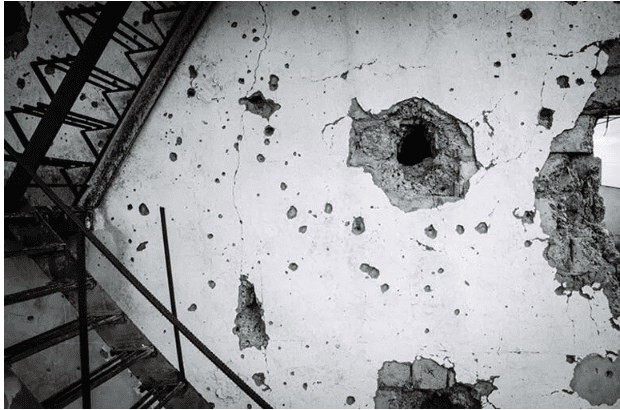
2008 – INVASION OF GEORGIA
When Putin became president of Russia in 2000, he hoped to establish a positive relationship with the West. Russia would set the conditions for this relationship. One of these conditions was that the countries that were once part of the Soviet Union would remain within Russia’s sphere of influence.
But the Russian leader’s optimism soon turned to disappointment and then anger. Putin came to believe that the West was actively trying to isolate and degrade Russia.
Putin was further angered by Georgian President Mikheil Saakashvili’s declaration that he was determined to make his country a member of NATO. Georgia’s moves to reassert control over the Russian-backed breakaway region of South Ossetia also gave Putin the impetus he needed to act.
Russian forces destroyed the Georgian army in five days and forced Saakashvili to sign a peace deal.
This outraged the West, but within a year US President Barack Obama proposed “resetting” relations with Russia. On top of that, Moscow was honored with the hosting of the 2018 World Cup.
These were all signs that Putin was making the right move: The weak and incoherent Western world was at first huffing and puffing, but eventually backing down in the face of determined will.
2011-2013 – MOSCOW PROTESTS
In 2011, the widespread belief that the parliamentary elections were rigged led to protests. Putin’s announcement that he would run for re-election in the 2012 presidential elections further fueled these protests.
The Bolotnaya Protests, named after the square where the demonstrators gathered, have been the biggest expression of public opposition to Putin to date.
Putin believed that the protests were initiated and orchestrated by Washington and directly blamed US Secretary of State Hillary Clinton.
These protests further strengthened Putin’s conviction that the West wanted to bring about his downfall. Now the war had begun.
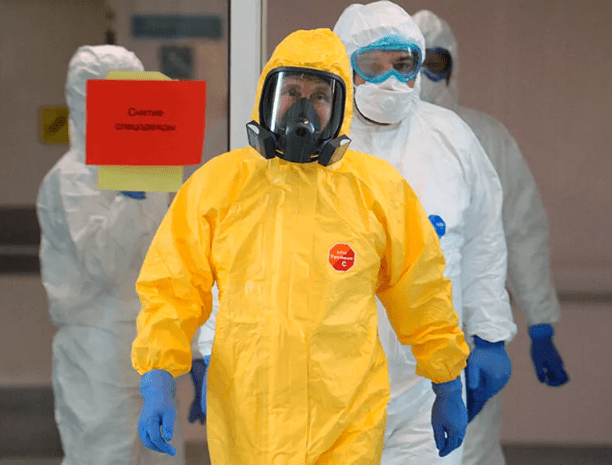
2020-2021 – CORONAVIRUS CLOSURES
In the days when Covid-19 was sweeping the world, Putin imposed a strict quarantine. He demanded that anyone meeting with him must go into isolation 15 days in advance, under the supervision of bodyguards. They were also subjected to germ-killing ultraviolet radiation and sprayed with disinfectant before the meeting.
These strict rules have further reduced the number of Putin’s allies and advisers he meets face to face. The only ones left were a few who said yes to everything and held views at least as harsh as Putin’s.
With less and less exposure to alternative views and less and less contact with the rest of his country, Putin began to think that all his assumptions were correct and all his prejudices were reasonable. This is how the seeds of the invasion of Ukraine were sown.

Extracted from the BBC News article “Vladimir Putin at 70: Seven pivotal moments that made him” by Mark Galeotti.


